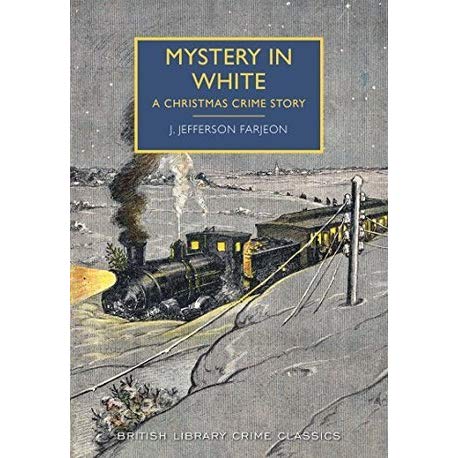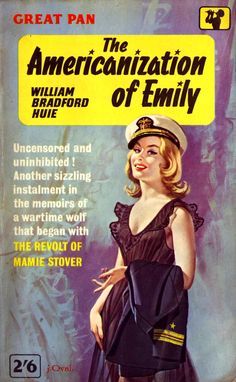scottyrocks
I'll Lock Up
- Messages
- 9,161
- Location
- Isle of Langerhan, NY
In the 17 years since the movie was released (2001), I have finally gotten around to reading Harry Potter and the Sorcerer's Stone (1997).
My daughter is thrilled.
My daughter is thrilled.

